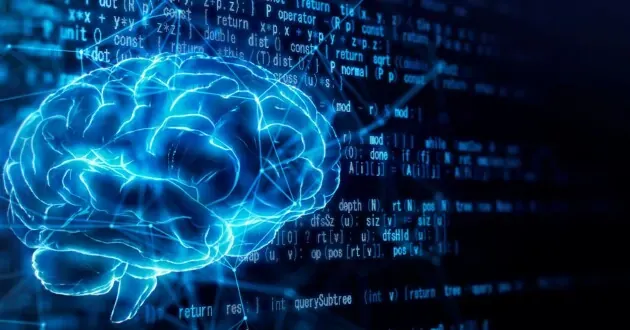The Evolution of Artificial Intelligence: From Concept to Reality
Artificial Intelligence (AI) has undergone a remarkable journey since its inception, transforming from a theoretical concept to a ubiquitous presence in our daily lives. This article explores the key milestones and developments that have shaped the evolution of AI.
Early Beginnings and Theoretical Foundations
AI as a concept emerged in the 1950s, spurred by the pioneering work of Alan Turing, who proposed the idea of a "universal machine" capable of performing any intellectual task that a human could. This laid the theoretical groundwork for the development of AI.
The AI Winter and Resurgence
Despite early optimism, AI faced significant challenges in the 1970s and 1980s, leading to what was termed the "AI winter" – a period of reduced funding and interest due to unmet expectations and technical limitations. However, advancements in algorithms, computing power, and data availability sparked a resurgence in the 1990s.
Rise of Machine Learning and Big Data
The breakthrough came with the rise of machine learning algorithms, particularly neural networks, which gained prominence due to their ability to learn from vast amounts of data. This coincided with the exponential growth in big data and computing capabilities, facilitating more complex AI applications.
Deep Learning and Neural Networks
Deep learning, a subset of machine learning based on neural networks with multiple layers, revolutionized AI by enabling unprecedented accuracy in tasks such as image and speech recognition. Key developments, such as the introduction of convolutional neural networks (CNNs) and recurrent neural networks (RNNs), further expanded AI capabilities.
Applications Across Industries
AI's impact spans various industries, from healthcare to finance, manufacturing to entertainment. Autonomous vehicles, virtual assistants, personalized recommendations, and predictive analytics are just a few examples of AI applications transforming how businesses operate and how people interact with technology.
Ethical and Societal Implications
The rapid advancement of AI has raised ethical concerns around privacy, bias in algorithms, job displacement, and autonomous decision-making. Addressing these issues is crucial to ensuring that AI technologies are developed and deployed responsibly.
 |
Future Trends and Challenges
Looking ahead, AI is poised to continue evolving with advancements in quantum computing, natural language processing, and reinforcement learning. Challenges such as regulatory frameworks, cybersecurity risks, and societal acceptance will need careful consideration to harness AI's full potential.
Conclusion
The evolution of AI from its theoretical origins to its current practical applications represents a transformative journey marked by innovation, challenges, and profound societal implications. As AI continues to advance, its role in shaping the future of technology and society will undoubtedly remain pivotal.
In conclusion, while the journey of AI has been marked by both setbacks and breakthroughs, its trajectory continues to redefine possibilities and challenge perceptions of what machines can achieve. As we navigate the complexities and opportunities AI presents, understanding its evolution provides a crucial foundation for envisioning its future impact on our world.


Comments